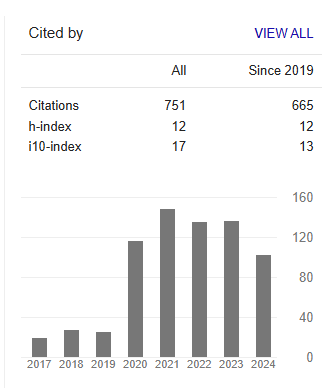Barriers to Water, Sanitation and Hygiene Practices in Mutare District, 2022
Abstract
Kudzai Fortunate Vongai Chokuona, Munyaradzi Mukuzunga, Notion Tafara Gombe, Addmore Chadambuka and Tsitsi Patience Juru
Background: Sanitation and hygiene are extremely important for survival, development and health. Inadequate sanitation expose people to water, sanitation and hygiene related diseases. Mutare district has been increasingly recording unsatisfactory bacteriological tests from the first quarter of 2019 to the first quarter of 2023 and water-borne infections have been increasing. We evaluated the WASH program in Mutare district.
Methods: We conducted a program evaluation using logical framework approach. Twenty-one health facilities were sampled and 63 participants recruited. An interviewer-administered questionnaire was used to assess healthcare worker (HCW) knowledge and review of environmental records was done. Resources required for the health facilities WASH programs were assessed using a checklist. Frequencies, means and proportions were generated.
Results: The median years of service of HCW was 9 years. The district lacked land and water pollution control strategies and consumables for water bacteriological testing. Aquatabs were in limited supply. Some of the visited health facilities (6/21) poorly segregated waste, although all the HCW were mentored on WASH activities.
Conclusion: Inadequate water test kits and other resources compromises the performance of the WASH program. Segregation of waste appropriately reduces the risk of infection and injuries among the waste handlers.



